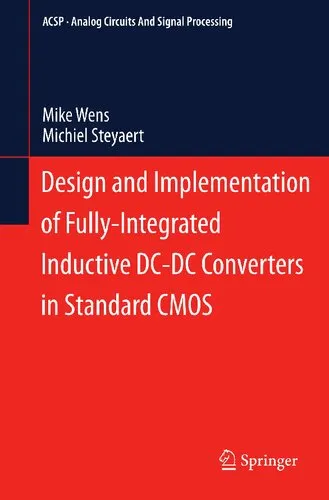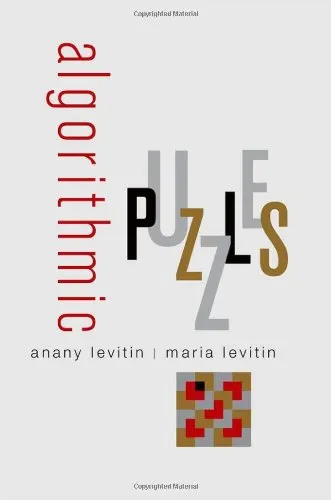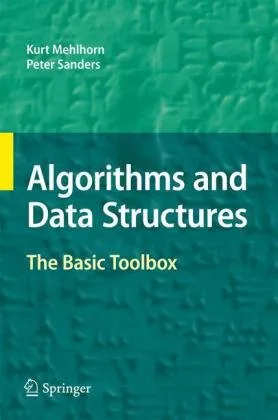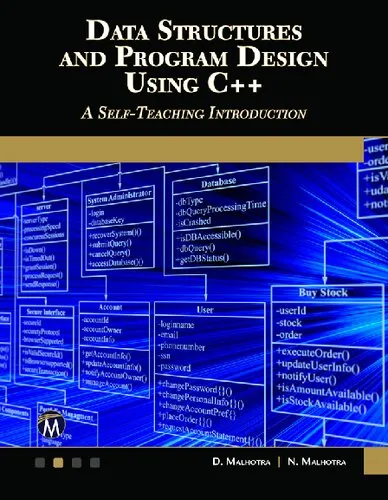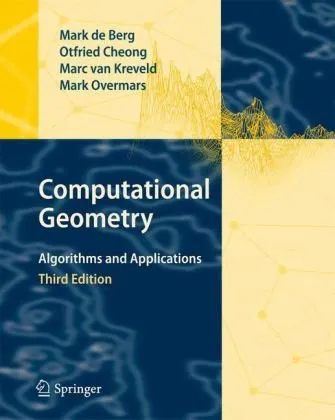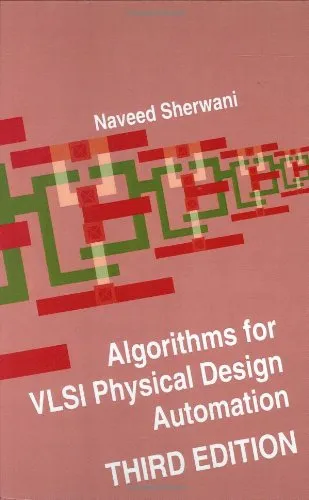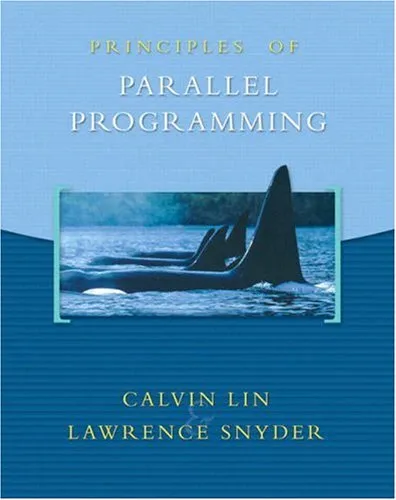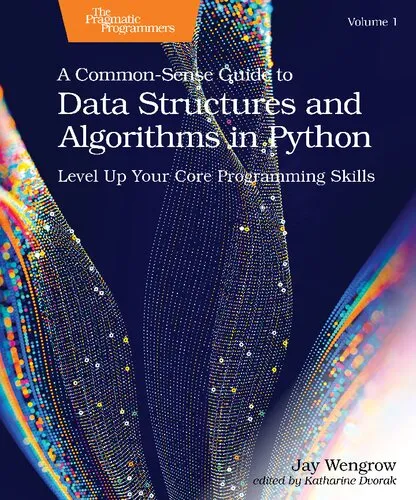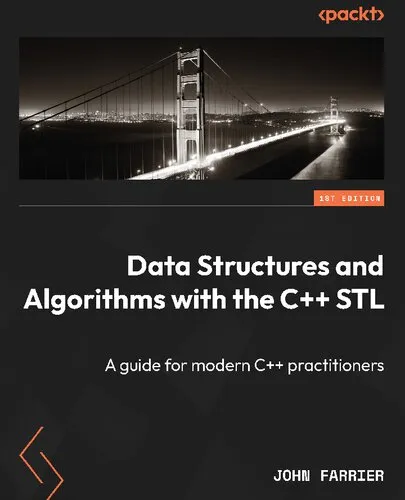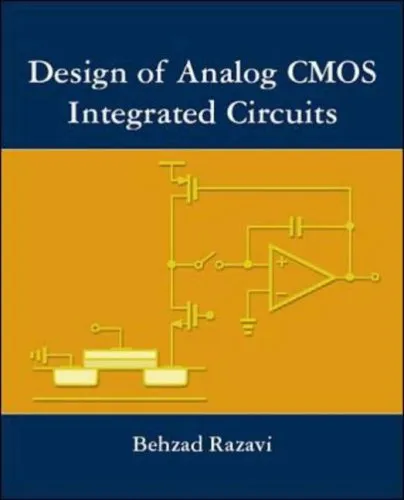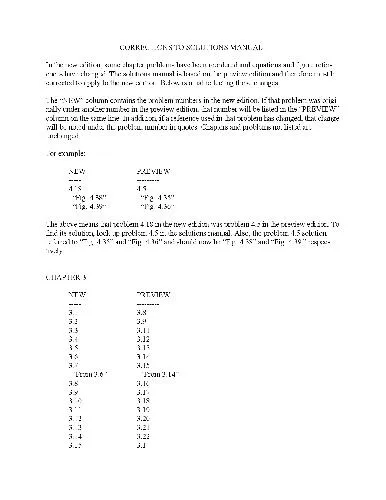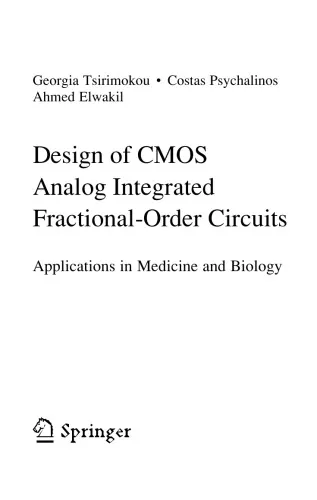Design and Implementation of Fully-Integrated Inductive DC-DC Converters in Standard CMOS (Analog Circuits and Signal Processing)
4.5
Reviews from our users

You Can Ask your questions from this book's AI after Login
Each download or ask from book AI costs 2 points. To earn more free points, please visit the Points Guide Page and complete some valuable actions.Related Refrences:
Introduction
In the evolving landscape of power management systems, achieving efficient and compact designs has become an increasingly critical objective, especially with the proliferation of portable electronics and IoT devices. Design and Implementation of Fully-Integrated Inductive DC-DC Converters in Standard CMOS explores a crucial aspect of this field: the integration of inductive DC-DC converters into standard CMOS processes. This book delves into the theoretical underpinnings, systematic design methodologies, and practical implementation techniques required to realize high-performance power converters, all while considering the limitations and advantages of CMOS technology.
Written by industry experts Mike Wens and Michiel Steyaert, this book provides a comprehensive guide for engineers, researchers, and students who aim to master integrated inductive DC-DC converters. It bridges the gap between theoretical design principles and practical considerations, offering a unique blend of analytical depth and real-world applicability.
Detailed Summary of the Book
The book begins by laying a solid foundation through an introduction to voltage regulation and the importance of DC-DC converters in modern electronic systems. It underscores the challenges of integrating inductive converters within standard CMOS technologies, addressing factors like process constraints, passive component integration, and high-frequency operation. Through in-depth discussion, Wens and Steyaert highlight how advancing CMOS technology enables innovative solutions for these challenges.
The main body of the book focuses on the complete design flow of fully-integrated inductive DC-DC converters. It systematically examines each component of the converter, including the inductor, switches, control circuitry, and feedback networks. Extensive chapters are dedicated to designing high-quality inductors within the constraints of CMOS technology, as well as achieving optimal trade-offs between power efficiency, area, and performance.
Real-world implementation is a key theme throughout the book. It incorporates numerous design examples, experimental results, and case studies that illustrate practical applications of the theoretical concepts discussed. Readers are introduced to state-of-the-art techniques for enhancing converter performance, such as methods to mitigate substrate noise and strategies for designing robust control loops.
By the book’s conclusion, readers will have gained a deep understanding of how to design, simulate, and fabricate inductive DC-DC converters that meet the stringent demands of modern electronics. This knowledge is presented in a clear and structured manner, making it accessible for both newcomers to the field and experienced practitioners.
Key Takeaways
- Comprehensive knowledge of inductive DC-DC converter design in standard CMOS technology.
- Practical insights into overcoming the challenges of integrating passive components like inductors in a silicon substrate.
- Expertise in control loop design, noise mitigation, and system-level optimization of power converters.
- Understanding the trade-offs between efficiency, area, and performance in integrated power systems.
- Real-world design examples and case studies that enhance theoretical concepts.
Famous Quotes from the Book
"The future of electronics lies in integration, and power systems are no exception—bridging the gap between theory and practice is the key to innovation."
"Designing an efficient power converter in CMOS is an exercise in compromise—it’s about balancing the constraints of technology with the demands of performance."
"An optimized inductive DC-DC converter is not only a circuit—it’s a system, where every component contributes to a unified goal of efficiency and reliability."
Why This Book Matters
With the growing reliance on portable devices, wearable technology, and energy-efficient electronics, the demand for compact and efficient power management systems has never been higher. Inductive DC-DC converters are at the heart of this revolution, enabling devices to operate efficiently under stringent power and area constraints. However, designing such systems within the limitations of CMOS technology presents significant challenges—this is where Design and Implementation of Fully-Integrated Inductive DC-DC Converters in Standard CMOS becomes invaluable.
This book not only equips readers with the theoretical knowledge necessary to design these converters but also provides concrete methodologies and examples for translating theory into practice. By focusing on standard CMOS processes, it aligns closely with the technologies used in real-world semiconductor manufacturing, ensuring its relevance to industry professionals and researchers alike.
Furthermore, the book addresses the broader implications of powering tomorrow's electronics. As devices become increasingly interconnected and power-hungry, advancements in power converter design directly influence the sustainability and longevity of these systems. For anyone involved in power electronics, whether in research, academia, or industry, this book is an essential guide to staying ahead in the field.
Free Direct Download
You Can Download this book after Login
Accessing books through legal platforms and public libraries not only supports the rights of authors and publishers but also contributes to the sustainability of reading culture. Before downloading, please take a moment to consider these options.
Find this book on other platforms:
WorldCat helps you find books in libraries worldwide.
See ratings, reviews, and discussions on Goodreads.
Find and buy rare or used books on AbeBooks.
1460
بازدید4.5
امتیاز0
نظر98%
رضایتReviews:
4.5
Based on 0 users review
Questions & Answers
Ask questions about this book or help others by answering
No questions yet. Be the first to ask!
